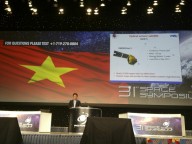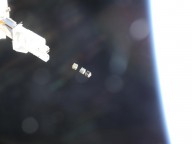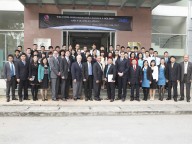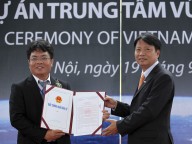3U Cubesat NanoDragon, weighs approximately 4 kilograms, was developed by Vietnam National Space Center (VNSC), Vietnam Academy of Science and Technology (VAST) as the result of the “Nano-class satellite development, launch and trial operation” project, under “National Science and Technology Program on space technology from 2016 to 2020”. Its design, integration and functional tests were conducted entirely in Vietnam by VNSC researchers, noted that its structure, power distribution unit and some other supporting boards are completely made in Vietnam.
To verify the possibility of ship collisions prevention using a constellation of nano satellites, NanoDragon was designed with purposes to assess the quality of the satellite’s attitude determination and control system and a newly developed advanced on-board computer, and to evaluate the success of the Automatic Identification System receiver in a 3U cubesat bus. The satellite will be working on Sun synchronized orbit (SSO), at 560 kilometers high from the Earth surface.
On March 9, 2021, NanoDragon was sent to the Center for Nanosatellite Testing at Kyushu Institute of Technology (KIT) and all environmental tests, including Thermal vacuum test, Bake-out test, Fit-check, Modal survey, Sinusoidal vibration test, Random vibration test, Sine burst test and Shock test were conducted there until April 9.
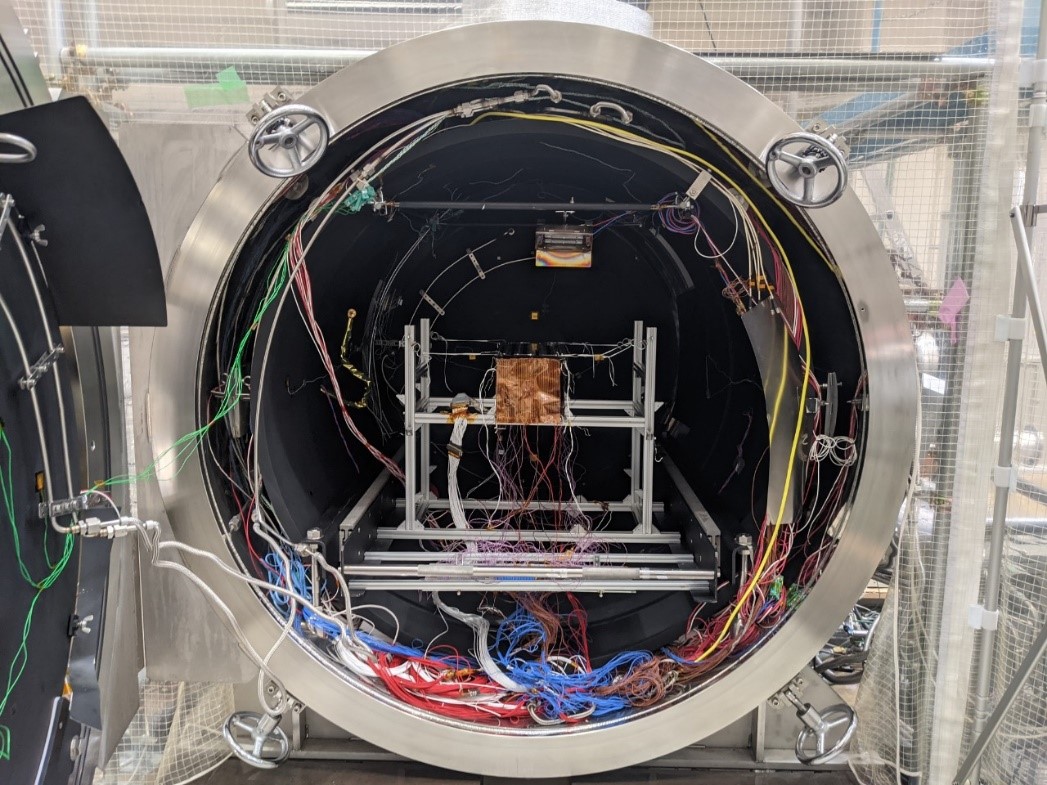
NanoDragon in thermal vacuum chamber
The whole testing process, completed on April 7, 2021, has proved that NanoDragon meets all launching criteria. Moreover, it has survived all the tests. The satellite is currently in the way returning to Vietnam, waiting for launching date, expectedly in FY2021.
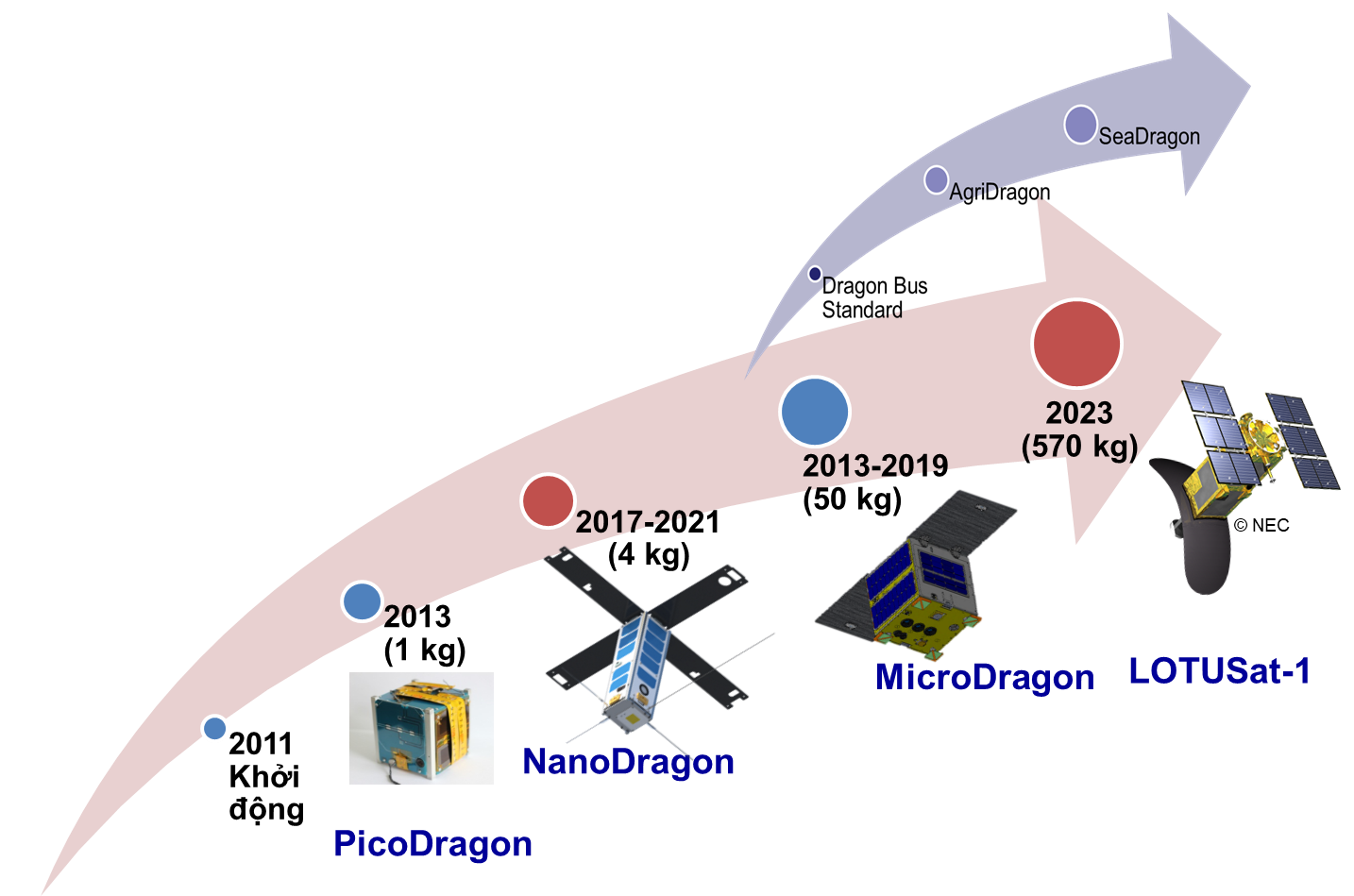
VNSC “Made in Vietnam” satellites Program
Before NanoDragon, in 2013, made-in-Vietnam 1 kilogram PicoDragon satellite was successfully launched with signals received. MicroDragon (50 kilograms), developed by the group of 36 young VNSC researchers under Japanese experts’ supervision, was brought into orbit on January 18, 2019. MicroDragon has sent pictures to ground station in Japan successfully from space.

